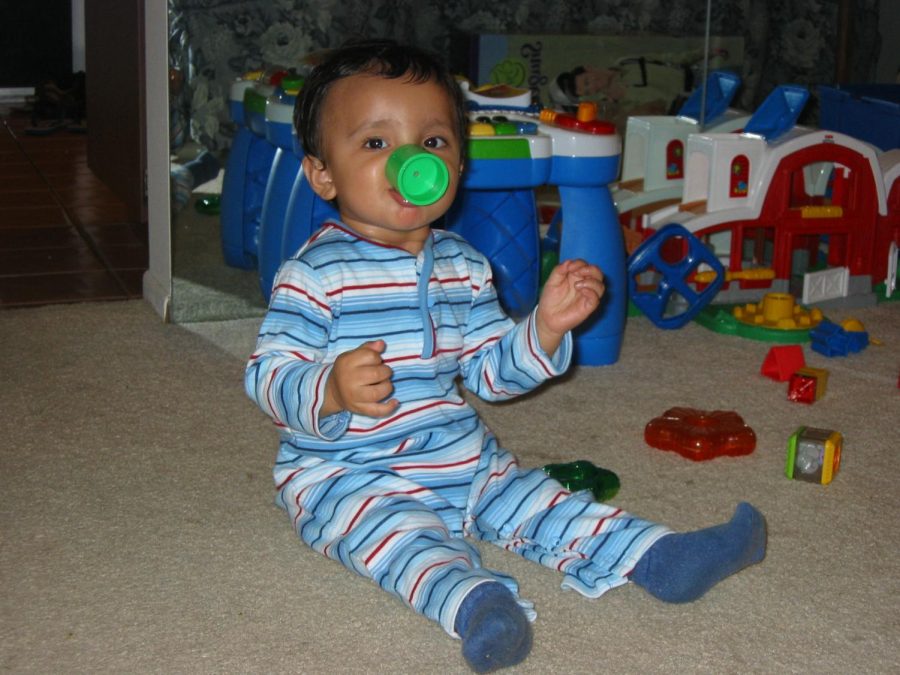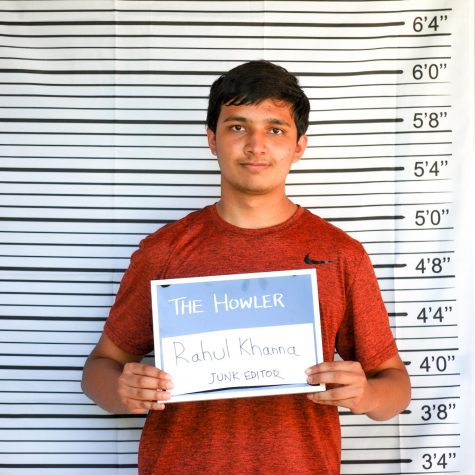Don’t sleep on the power of sleeper philosophy
May 27, 2022
Sleep!
No, really. You should take a quick nap before reading the rest of this article. I promise I won’t get offended—after seeing the hate threads and outrage comments on Twitter, I’ve realized that having people fall asleep to my writing isn’t half bad.
Now, assuming you fell asleep… didn’t that feel amazing? If I’ve learned anything in these past four years of high school, it’s that people seriously underestimate the value of sleep. No matter how stressful or busy your day is, one good nap or good night’s sleep can completely change your mood and outlook on life.
In fact, the power of sleep is exactly why choosing an open first/second period was one of the best decisions I made in high school. Many people I’ve talked to have strayed away from this because they prefer to leave school early, but getting that extra hour or two of sleep in the morning has been life-saving. This is especially true during those busy weeks when I’d consistently be awake past midnight… allegedly.
The fact that Northwood doesn’t have an active sleeping club or “Honors Integrated Sleep” class is irredeemable and an insult to everything my sleep-deprived self stands for. As I prepare to leave this beloved school, I’ve been thinking about what type of legacy I want to leave behind for others to follow. Clearly, something had to be done about people’s perceptions of sleep.
That is why I’m proud to present the culmination of 12 years of pre-college education—the Sleeper Philosophy. Ancient philosophers like Aristotle or Plato had nice handwriting, but let’s face it: Their ideas were mediocre at best. Here is an outline of the Sleeper Philosophy, which if followed to the fullest extent, can guarantee personal and social success.
Sleeper Philosophy:
1. One spends their day focused on getting more sleep.
For too many years I tried to keep myself alive on the college-admission treadmill, balancing unhealthy amounts of classes with excessive extracurricular activities and clubs. After embracing the Sleeper Philosophy, I realized that this style of living was too “tiring” (so to speak), and so I dropped a few activities and focused on what was best for myself—getting more sleep. Why eat dinner or go to class when you could just be asleep? Make sure to balance your life in such a way that you sacrifice your daily activities for sleep, NOT the other way around.
2. One leads their life making decisions that help them sleep better at night.
Not telling your parents about that driving ticket may sound easy, but does it translate to good sleep? Similarly, selling radioactive material from U.S. facilities on the black market may be financially smart, but is it really worth it if the released chemicals interfere with your sleep schedule?
The only sure-fire way to evaluate your daily success (or lack thereof) is to see how well you slept the following night. That’s the beauty of the Sleeper Philosophy—it forces all of society onto an equal moral footing irrespective of wealth. If Elon Musk had nightmares last night while you slept perfectly, who do you think is winning at life?
Of course, this philosophy also has the advantage of explaining why Northwood’s students are consistently unsuccessful.



![AAAAAND ANOTHER THING: [CENSORED] [REDACTED] [BABY SCREAMING] [SIRENS] [SILENCE].](https://thehowleronline.org/wp-content/uploads/2025/06/lucy-1200x800.jpg)

















































![AAAAAND ANOTHER THING: [CENSORED] [REDACTED] [BABY SCREAMING] [SIRENS] [SILENCE].](https://thehowleronline.org/wp-content/uploads/2025/06/lucy-300x200.jpg)



